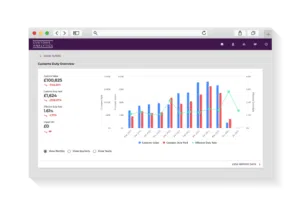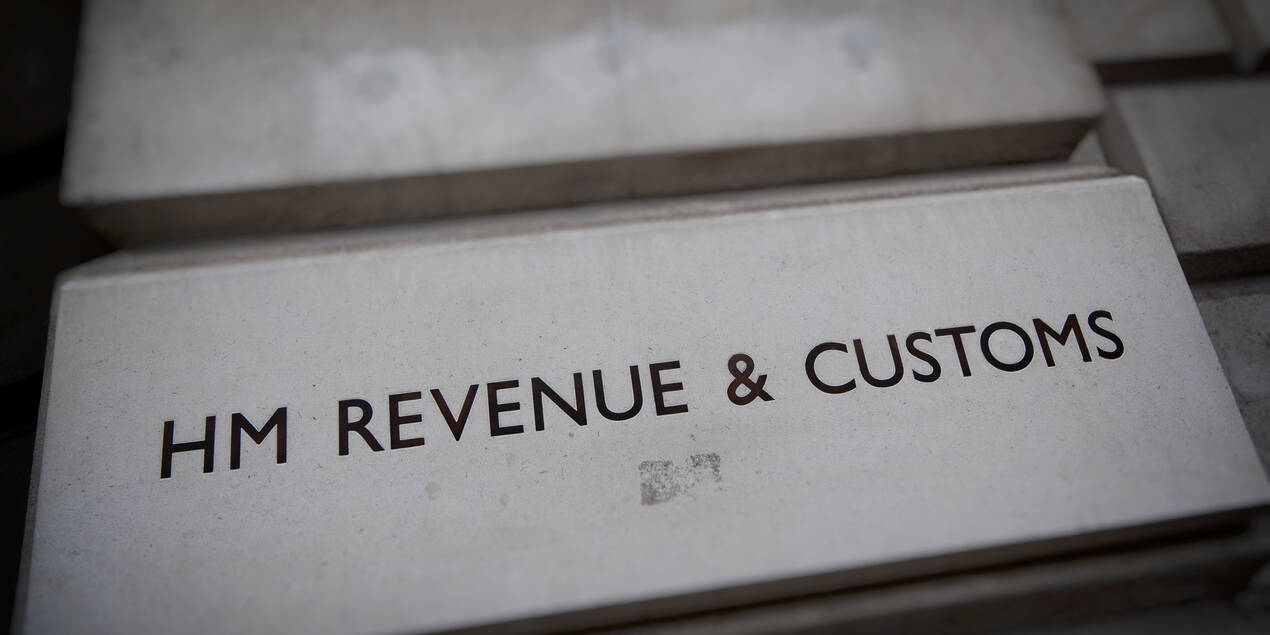Navigating the Changes: How the Spring Budget Impacts Your Customs Strategies
The chancellor announced a raft of customs measures in his Budget for the first time in many years. Until Brexit, Customs matters were pretty much within the sole purview of the EU.
Most of the measures announced relate to consultations over the customs declaration process; this has become more of a pain point since the volume of declarations more than doubled after Brexit. Nothing in the Budget will likely reduce the customs duties associated with importing. But perhaps there will be some limited savings in customs declaration costs.
Quality of Customs Intermediaries
(customs brokers)
The UK does not have a compulsory certification scheme for customs brokers, so in theory, anyone can set themselves up to offer this service. With the government’s encouragement, Brexit saw a significant increase in the number of firms providing customs brokerage, and there are concerns that standards have slipped. Our customs analytics tool, CAT360, identifies a very high potential error rate on customs declarations. Exploring options (another consultation) to raise standards is welcome.
However, customs brokers do not operate in a vacuum, and errors are inevitable if an importer provides poor instructions and documentation. There is also an existing framework of Authorised Economic Operators (AEO), a voluntary scheme to certify the quality of customs intermediaries.
“A few things in the budget could reduce the cost and time pressures for making a customs declaration. There are no new customs duty reliefs or measures for cutting customs duty costs. That said, in our experience, businesses fail to use the existing opportunities.”
Adam Wood, Head of Commercial, Barbourne Brook Limited
A UK Tribunal judgement has ruled that the failure to lodge an accurate Inward Processing (IP) Bill of Discharge (BoD) constitutes a failure to meet the obligations of the IP authorisation. As a result of this failure, the Tribunal confirmed that a customs debt arises for all of the entries on that Bill of Discharge, not just those entries for which an error is identified.
Simplification & Streamlining of Application Process for Duty Relief
The customs regulations provide various reliefs to reduce customs duty costs carried over from the old EU customs rules. The Budget does not announce any new relief schemes or simplifications in operation. Its focus is limited to the application process.
All these reliefs require specific authorisations from HMRC, and gaining approval is complex and resource-consuming. Any simplifications in this area are welcome. However, an initial look at the proposals to date focuses on completing the application form, which is usually straightforward. Reducing the number of applications a business needs to submit, and track, is a plus. Building and maintaining the underlying systems and supporting documentation to comply with additional obligations is where businesses struggle. HMRC’s punitive approach to companies making errors adds to the challenge of utilising reliefs.
Removal of Financial Guarantees
Current customs rules require some companies to provide financial guarantees to secure customs duties where there is a risk of non-payment. The small number of remaining guarantee requirements is more inconvenient than a high cost to the business. A consultation on removal or simplification is good, but there are better areas to focus.
Simplification to the Customs Declarations
Completing customs declarations is challenging, given the number of data elements. The elements that provide the most significant challenge are tariff classification, origin, value and weight. As these elements set the customs debt, there is unlikely to be a meaningful change in what is required. Perhaps a threshold on when these elements are needed? How about self-assessment?
Changes to the Simplified Customs Declaration Process (SCDP previously known as CFSP)
A small number of businesses, usually with large volumes of imports, use a simplified declaration process, known more commonly as CFSP (customs freight simplified procedures). The Budget introduces a couple of changes to this regime, including a 4-5 day extension of submission deadlines being extended to 10-11 days. The measures will also look at aggregation, a term used for consolidating customs declarations into one. The current rules already allow for daily of 10 daily aggregations, but few businesses take advantage of this because of the complexity of the rules.
Related Posts
15 July 2024
Customs Traps: The High Price of a Blinkered Approach to Transfer Pricing
Businesses selling direct to customers…
24 June 2024
Advance Notice Of Important HMRC Duty Suspension Application and Review Deadline – 3 July 2024
Businesses selling direct to customers…
10 June 2024
New Scheme Offers Declaration-Free Exporting To Northern Ireland For B2C Businesses
Businesses selling direct to customers…



